Technology to serve people

The University of Ljubljana explains why knowing your future users matters when developing new energy efficient products
Our research on the energy habits of the people living in INFINITE demo buildings continues. This time the eye is on Slovenia, where the Institute for Innovation and Development of the University of Ljubljana conducted short ethnographic research including interviews, focus groups and observations to understand the needs and expectations of the residents.
The Slovenian case study is found in the town of Ravne na Koroškem, near the border with Austria. The four-storey apartment building was built in 1982 on the outskirts of the town centre. It counts 69 housing units, which host about 80 residents of various backgrounds, many of them also immigrants from the Balkan region.
Who are we working with?
In its early days, the building used to be home to factory workers. Today the inhabitants include also retired people, cleaners, small business owners and unemployed people. Because of the small size of the apartments (between 20 and 30 m2), families and younger couples consider this more as a temporary accommodation. For this reason, there is a high rate of turnover in the residents. In agreement with the municipality, the building owner, Stanovanjsko podjetje, allocates few apartments for people in need.
Why knowing users matters
When asked about their expectations on the renovation, most of the residents said they were looking forward to having the ventilation system installed to reduce odours, and insulation on the walls to reduce the summer heat. However, researchers found they were not familiar with some of the technology kits that will be applied.
“(INFINITE) technologies should be developed following a people-centred approach and put people’s needs, wishes and social-cultural-economic circumstances first, otherwise there might be difficulties in the future and even more important, there is a possibility that those technologies will not make people’s lives easier and more sustainable, but more complicated” warns Veronika Zavratnik from the University of Ljubljana. If residents have trouble with the system or do not understand its value, the main purpose of the project will not be achieved. This happens, for example, when tenants cover with flowerpots the BIPV elements placed near the windows. As a result, the overall performance in terms of energy efficiency might be lower than expected.
INFINITE technology providers will use the information collected during the site visits to adapt the components to the residents’ lifestyles. This will ensure better acceptance of the project’s solutions and ultimately their effectiveness.
Cover photo by Nick Karvounis on Unsplash
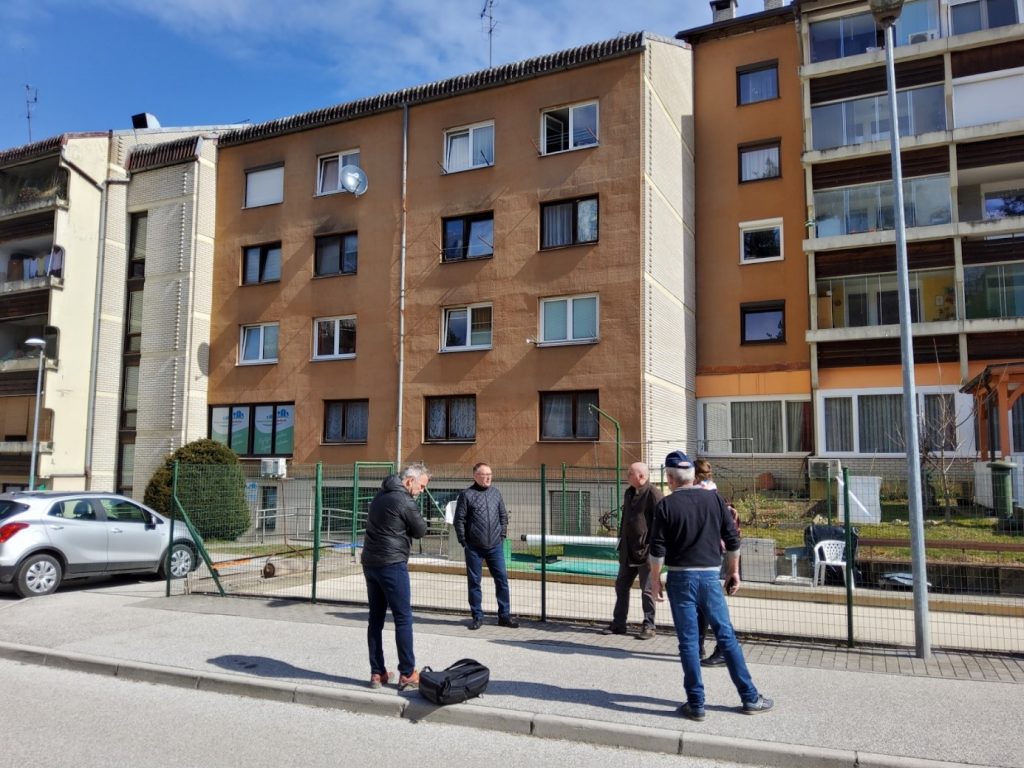
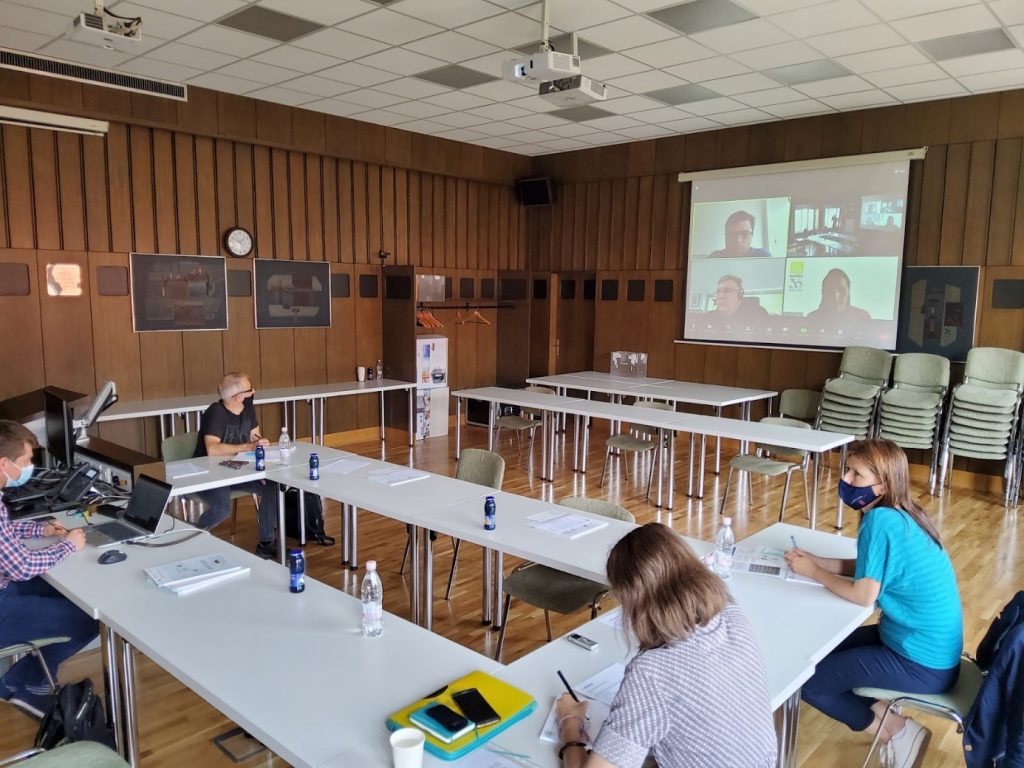
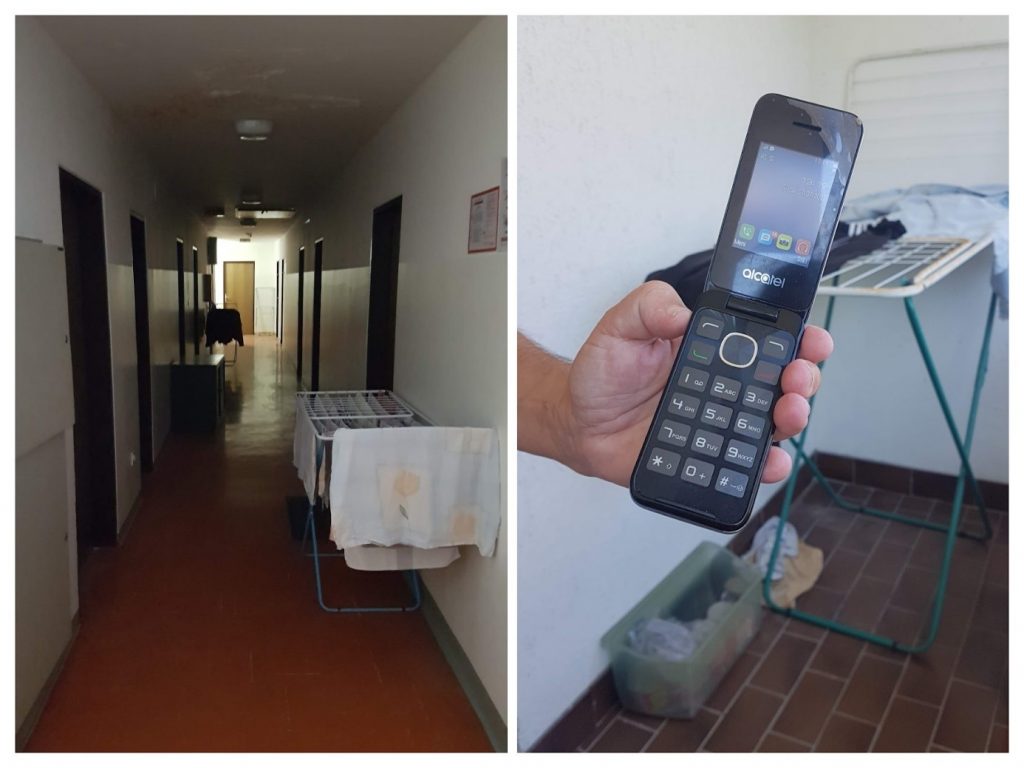
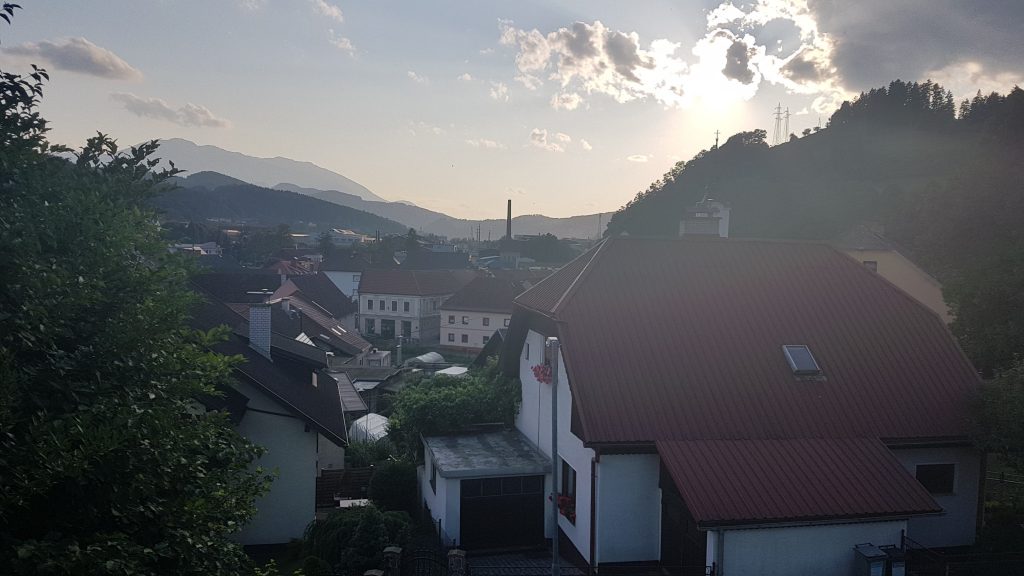
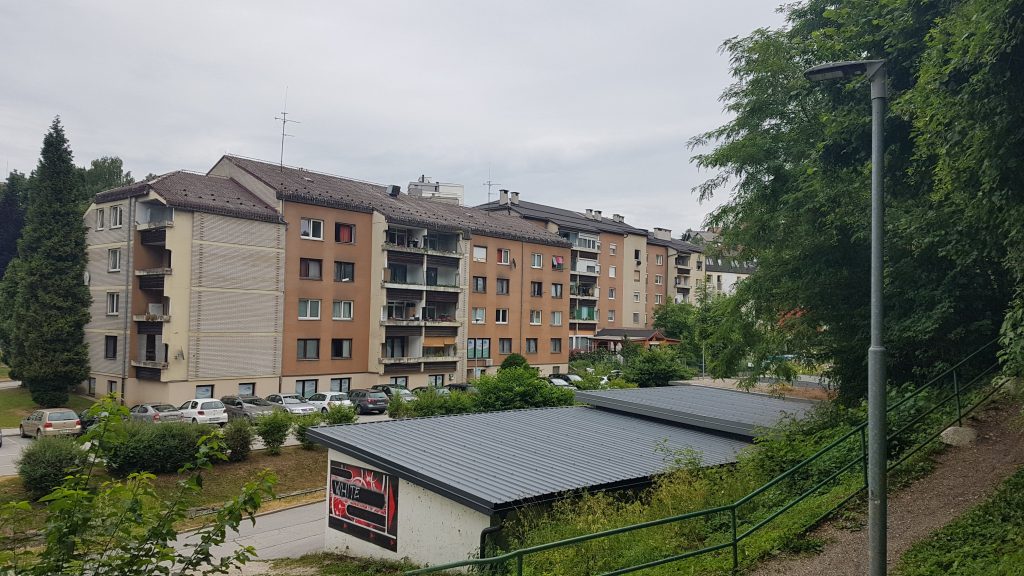
RELATED NEWS
Tour the Slovenian demo case
The demo building in Ravne na Koroškem, Slovenia, is nearing completion, and it’s a great example to show how industrialised renovation can transform existing housing!
Retrofitted building in Ravne na Koroškem opens to the public
Success at the opening of the renovated building on the 5th November 2025
Renovation works advance in Slovenia
A look behind the scenes of the Slovenian demo